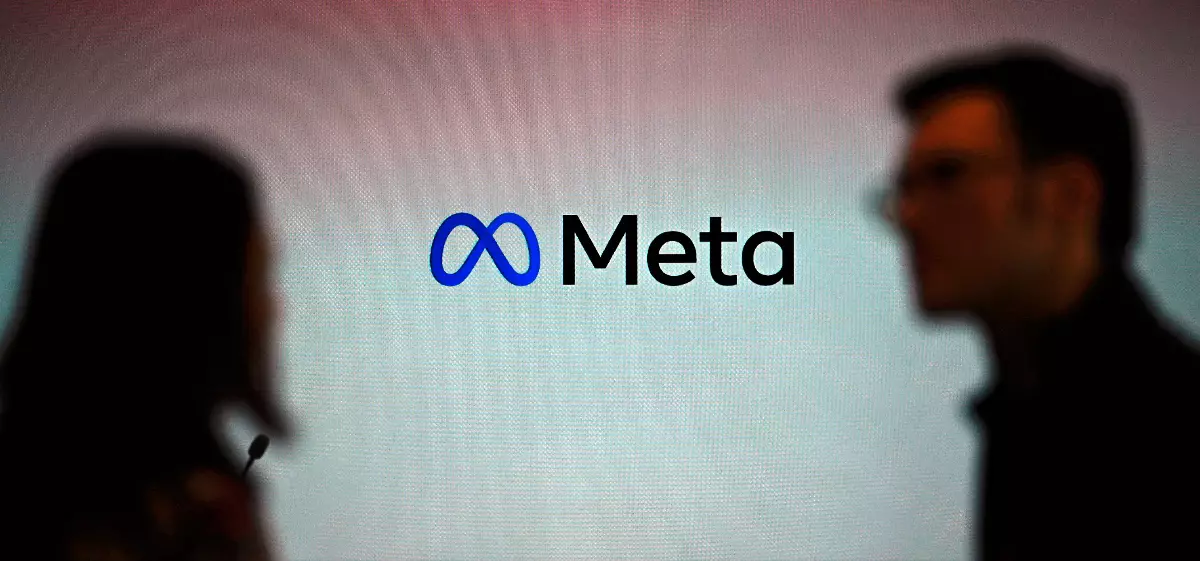Meta recently provided an update on its strategy to adhere to the Digital Markets Act (DMA), a European law designed to enhance competition in the digital marketplace. The focus of Meta’s compliance efforts revolves around its messaging platforms, Messenger and WhatsApp.
One of the key requirements of the DMA is that Meta must offer users the option to connect with interoperable third-party messaging services and applications through WhatsApp and Messenger. To achieve this, Meta is implementing various features and functionalities within its messaging apps.
Meta plans to include notifications within WhatsApp and Messenger that will inform users about the availability of third-party integrations. Additionally, an onboarding flow will be introduced where users can learn more about third-party chats and easily activate them. This flow will enable users to establish a designated folder for third-party messages or opt for a combined inbox.
Future Functionalities
In the coming years, Meta aims to expand the capabilities of third-party chats within WhatsApp and Messenger. By 2025, group functionality for third-party chats will be rolled out, followed by voice and video calling in 2027. Furthermore, Meta plans to introduce “rich messaging” features like reactions, direct replies, typing indicators, and read receipts for third-party chats.
Meta emphasizes its commitment to collaborating with third-party messaging services to ensure a safe and optimal user experience. The company will only enable the third-party chat option once the necessary technology is in place to guarantee a positive and secure user interaction.
Despite Meta’s efforts to comply with the DMA, there are challenges and uncertainties surrounding the implementation of interoperable third-party messaging services. Potential obstacles include the need for end-to-end encryption, technical hurdles, and the requirement for companies to sign agreements with Meta to integrate with its systems.
Controversy and Criticisms
While Meta focuses on addressing the DMA’s messaging-related clauses, the company has faced criticism for potential violations of other aspects of the legislation. Concerns have been raised regarding Meta’s “pay or consent” advertising model, which reportedly does not align with the requirements of the DMA according to the European Commission.
Meta’s compliance plan with the Digital Markets Act signifies a significant effort to enhance competition and user choices within the digital marketplace. However, the road to achieving full compliance and ensuring a seamless integration of third-party messaging services poses challenges that Meta must navigate carefully in the coming years.

